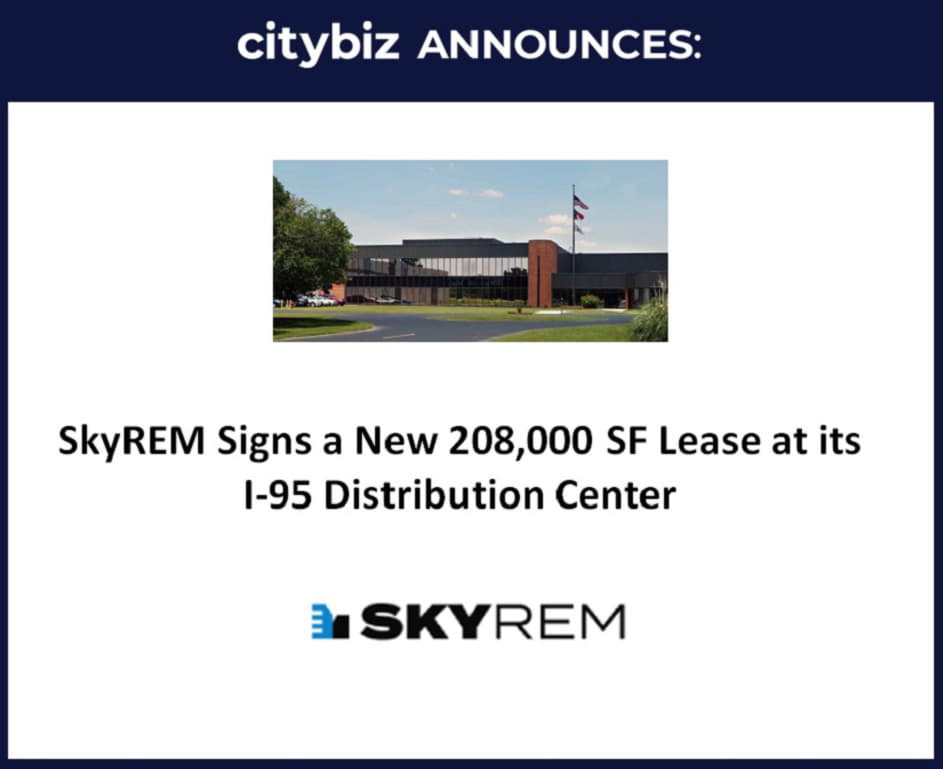
Bryan Wolbert
An estimated 75 percent of Think’s recommendations are hired, compared with typical staffing agencies that hover around 25 percent
When Think Systems’ strategic hiring team makes a recommendation to a client about a prospective employee, you know the candidate has been fully vetted.
A rapidly growing management consulting firm that works closely with middle-market companies and their executives, Think is seeing its strategic hiring business flourish even in the midst of the pandemic.
The reason? More than 75 percent of Think’s recommendations are hired, estimates Bryan Wolbert, executive vice president and chief operating officer of the Baltimore-based consultancy, compared with typical staffing agencies that report a success rate of around 25 percent.
“We are definitely offering a better service than the rest of the industry,” said Wolbert, who oversees the business for Think. “We are going to continue to find the clients who don’t see valued in the traditional way this is done in the Baltimore-Washington region as well as in other markets.”
Think started strategic hiring as a way to find the right high-caliber employees for its own consulting teams. When clients saw the results, they wanted Think’s help, too. They liked the fact that Think wasn’t just a headhunting firm slinging resumes, rather it focused on using a rigorous vetting process to make intelligent hires to fill gaps in personnel.
Think makes sure it provides to its clients a selection of top-grade knowledgeable project managers, for instance, who undergo advanced placement role-playing tests before meeting potential employers.
Wolbert says his clients need to know that the prospects they are about to interview have been vetted for their ability to be project managers or agilists, or technical team members.
“We discovered that when hiring for a strategic position, a lot of people looked one way on paper and sounded one way answering traditional interview questions and then were hired and could not perform,” Wolbert said. “We found that normal interviewing doesn’t work for more strategic roles.”
The process begins with his recruiters who sift through potential candidates, trying to weed out the ones who are nothing more than “smoke and mirrors,” Wolbert said. “Too many fail to deliver the product promised. We really work to get down to the right candidates. We don’t just shovel resumes to our clients.”
After the prospect gets through the initial inquiry by Think’s recruiter, they undergo a phone interview with someone that’s an expert in the field and the final step involves an in-person session in which the candidate is put to task. In the role-playing section, the project manager, for instance, is given a project in which to immerse and then explain the path forward using a whiteboard.
“This is where the rubber meets the road and the candidate actually shows how he/she would do the job,” Wolbert said.
In all, it is about a week and a half process before the applicant even gets past the recruiter to meet the employer.
“By the time a prospect gets to the client, there is virtually no reason why the client shouldn’t complete the hiring process,” Wolbert said.
About 200 prospects have gone through the project management scenario over the last five years.
“Without the right interviewing process, a candidate might be able to sell themselves to win a position, but when they get to the job, they can’t do it,” Wolbert said.
Think’s system of interviewing is people-intensive. Recruiters may look at 100 resumes before contacting as many as 60. Eventually, they may talk to 25 potential candidates and select the best to be put through next phase of the process and ultimately the scenario. Think placed 60 project managers, agilists and technical experts last year.
“With hard work, we’ll grow more than 40 percent in the next year as Covid-19 subsides and people need to hire,” Wolbert said.
Think’s primary clients are mid-sized companies whose hiring managers do not have time to go through 25 candidates only to find that 90% are not qualified and only 10% are marginal and even worth a look. The marketplace for staffing agencies, however, also is highly competitive in the Baltimore area, where Think competes with about 75 similar companies, Wolbert said.
Think does some homework with the client, “picking apart the job description” to make sure Think’s recruiters search for the best possible candidates, Wolbert said. “A lot of times, the requests for roles are vague. It’s important for us to understand the job description so we can ask intelligent questions of the candidates and, being experts in the field, we are uniquely qualified to do so.”
“The unique interview process serves Think well as it promises its clients vetted prospects that will fill the qualifications for their strategic openings,” Wolbert said. Instead of facing a stack of resumes, Think’s clients receive submittals of only a few who have passed vetting by an industry expert.
Wolbert understands the process Think uses is not for companies that are more interested in speed and cost when it comes to filling positions. He believes quality is more important than wasting his clients’ time with unproven candidates.
While he sees a slowdown in hiring because of the pandemic, some businesses continue to make strategic additions to their companies.
“There has been a definite slowdown in places but we have seen continued hiring in industries that I think are not affected by this,” he said. “We have a fair number of clients who are doing government work. We have continued to see sales at clients in the healthcare and energy industries to name a few.”
As the economy reopens, Wolbert believes positions that were put on hold will be filled, although it may take some industries 12 months to get back on track.
Yet, he is optimistic when it comes to Think’s strategic hiring business.
“We will continue to grow,” he said. “What we are offering here is a different experience for a client, one that they don’t get with the rest of the industry.”






